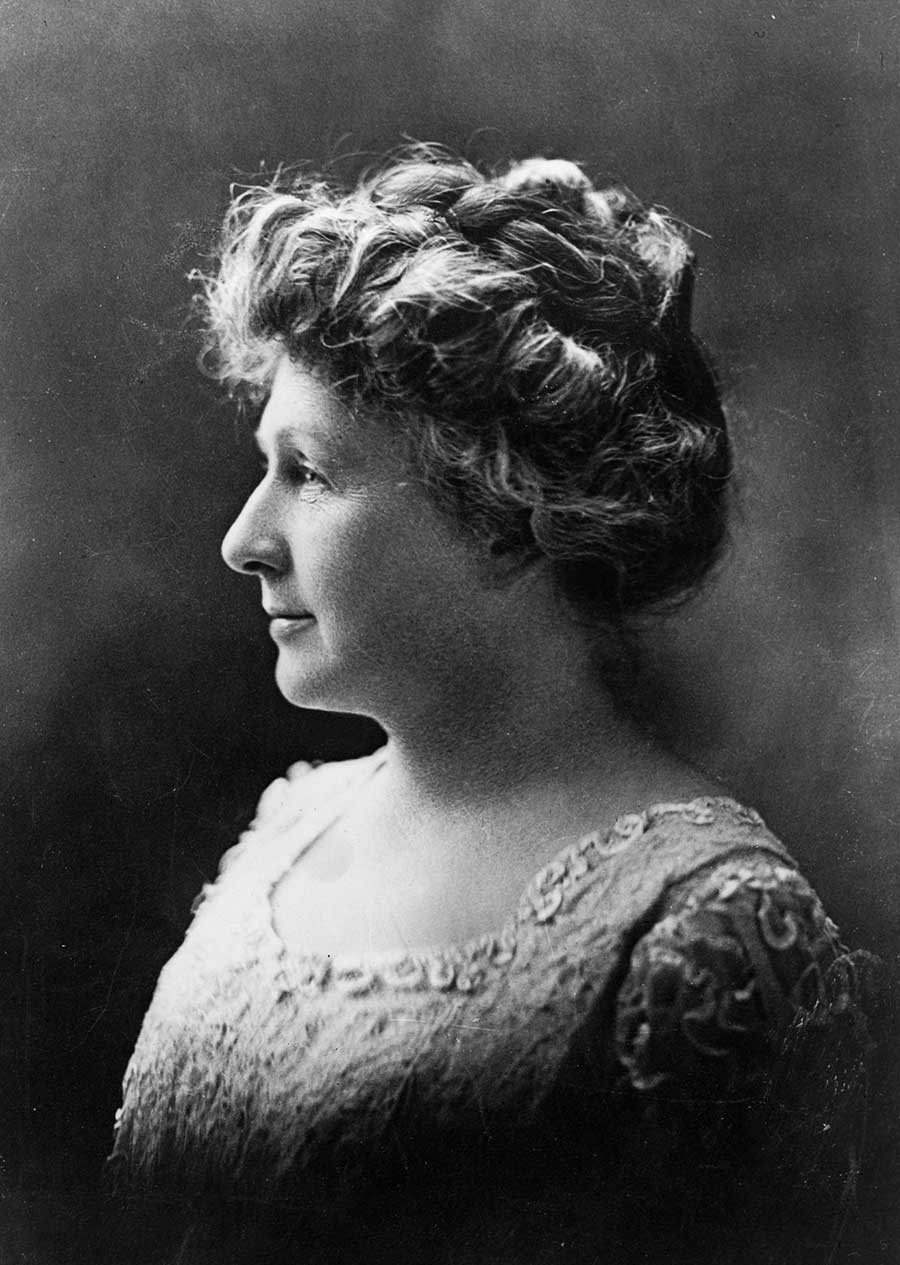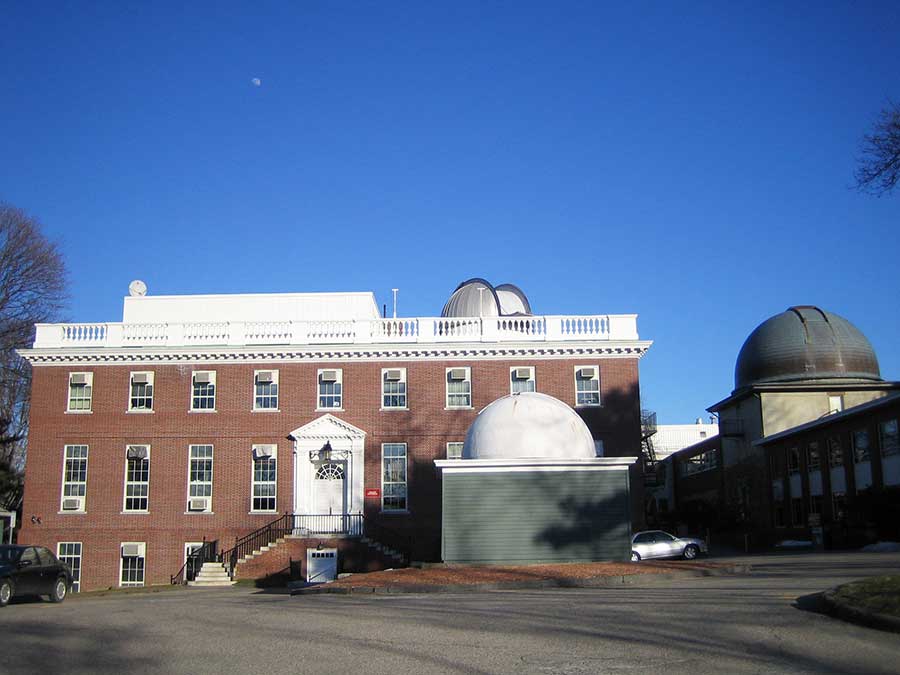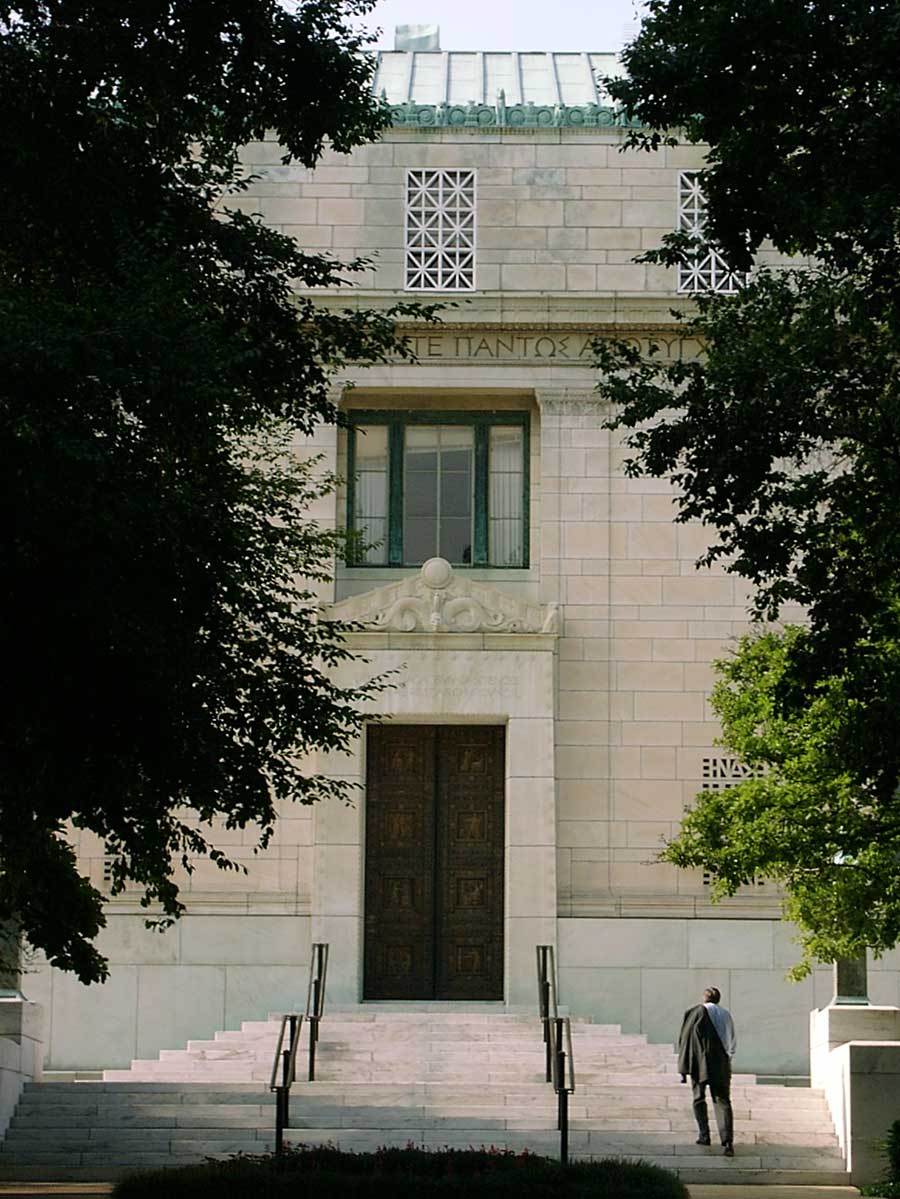Annie Jump Cannon
Science: Astronomy

Annie Jump Cannon was born December 11, 1863. She was born in Dover, Delaware. When Ms. Cannon was a child she had a cold. The cold caused Ms. Cannon to become deaf. Every year she could hear less and less until she couldn't hear anymore. Ms. Cannon read people's lips.

When she got older she went to Wellesley College and Radcliffe College. She studied physics (MP4). Then she started working at the Harvard College Observatory. She was paid 50 cents an hour. Her job was to take care of all the pictures of stars. Her boss thought she was very smart so he decided to make her his assistant. Now instead of taking care of the pictures of stars, she was studying them herself!

She was very good at her job. She discovered 300 variable stars (MP4).
See How Variable Stars Move.
She also discovered 5 novae. Novae means more than one nova.
She also divided 350,000 stars into groups. She decided which group to put them in by their temperature (MP4). The groups were named "O", "B", "A", "F", "G", "K", and "M". Her co-worker, Henrietta Swan Leavitt discovered that the stars in the groups were similar in color.
/prod01/twu-cdn-pxl/media/images/deaf-scientist-corner/morgan-keenan-spectral-classification.jpg)
She reported what she discovered in a book, Catalogue of the Spectra of 1122 Stars. She also wrote articles for the Henry Draper Catalogues.

Ms. Cannon won a lot of awards for her work. The National Academy of Sciences gave her the Draper Gold Medal. She was the first woman to be given this award. She won the Ellen Richards Research (MP4) Prize in 1932. She used the money she won to set up her own award, the Annie Jump Cannon Award. This award is still given each year to new women astronomers (MP4).
She was given six honorary degrees (MP4). One of them was from Oxford. She was the first woman to be given this honor too. In 1922 she was given the Nova Medal by the American Association of Variable Star Observers.
/prod01/twu-cdn-pxl/media/images/deaf-scientist-corner/oxford.jpg)
Most of her awards came from places and people outside of where she worked. It made Harvard look bad. They didn't want to give her awards because she was a woman and deaf. She finally got an award from Harvard at the end of her career. It was the William Cranch Bond Astronomer Award. She died three years later on April 13, 1941.
Read More about Annie Jump Cannon
PBWorks Wiki - Annie Jump Cannon
References
- Annie Jump Cannon. (2008) In The Columbia Encyclopedia, Sixth Edition. Retrieved June 23, 2009 from Encyclopedia.com: http://www.encyclopedia.com/doc/1E1-Cannon-A.html
- Astronomical Society of the Pacific. (1992). History of Women in Astronomy: Annie Cannon. Retrieved June 4, 2008 from http://astro.berkeley.edu/~gmarcy/women/cannon.html.
- Hennessey, L. (2000). Annie Jump Cannon. Retrieved June 4, 2008, from http://www.wellesley.edu/Astronomy/Annie/.
- Lang, H. G., & Meath-Lang, B. (1995). Annie Jump Cannon. In A Biographical Dictionary: Deaf Persons in the Arts and Sciences (pp.63-67). Westport, CT: Greenwood Press.
Page last updated 11:35 AM, April 20, 2023